6 top tips for max sleep
Tired of feeling tired? If you’re one of the one-in-three adults who never seems to get enough sleep, it might be time to review your bedtime routine to see if there’s a way to get more shut-eye.
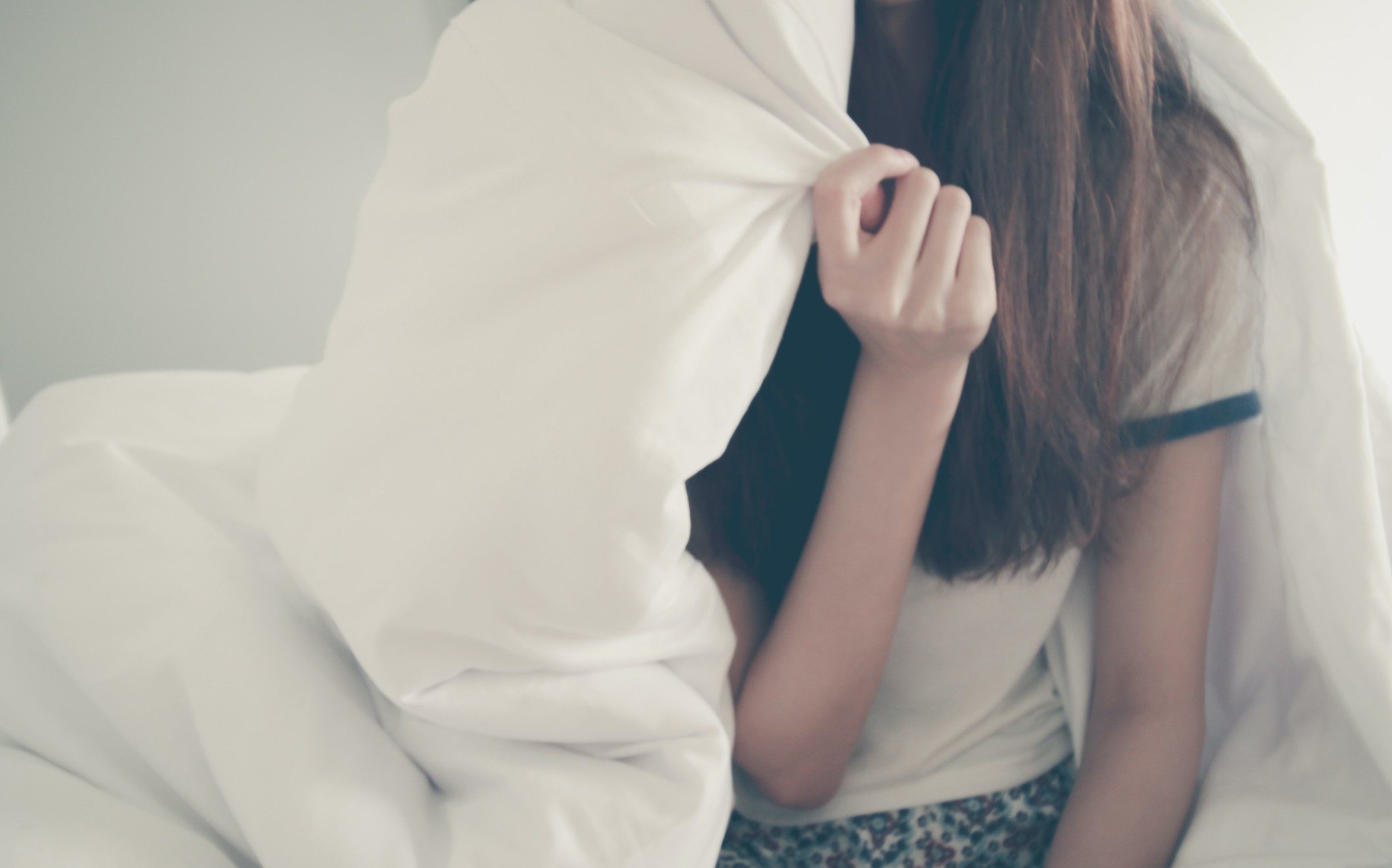
The Sleep Foundation recommends that adults get between seven and nine hours of kip a night. But for some, that’s easier said than done. Especially so if you’ve left your usual familiar bed behind when travelling for business or pleasure.
Being away from the comforts of your home, paired with a busy work schedule, trip itinerary, holiday overindulging, or just the sheer excitement of being on vacation, can have an impact on your sleep. Throw in a bit of jet lag, and you are at risk of a less-than-perfect night’s sleep.
However, there are a number of ways to set yourself up for a next-level sleeping experience, bringing together a winning combo of tips and tools to orchestrate your best sleep ever.
Here are our six tips to maximise your sleep either at home, when you’re trotting the globe, or staying with us at Aiden Darling Harbour to make sure you leave more rested than when you arrived.
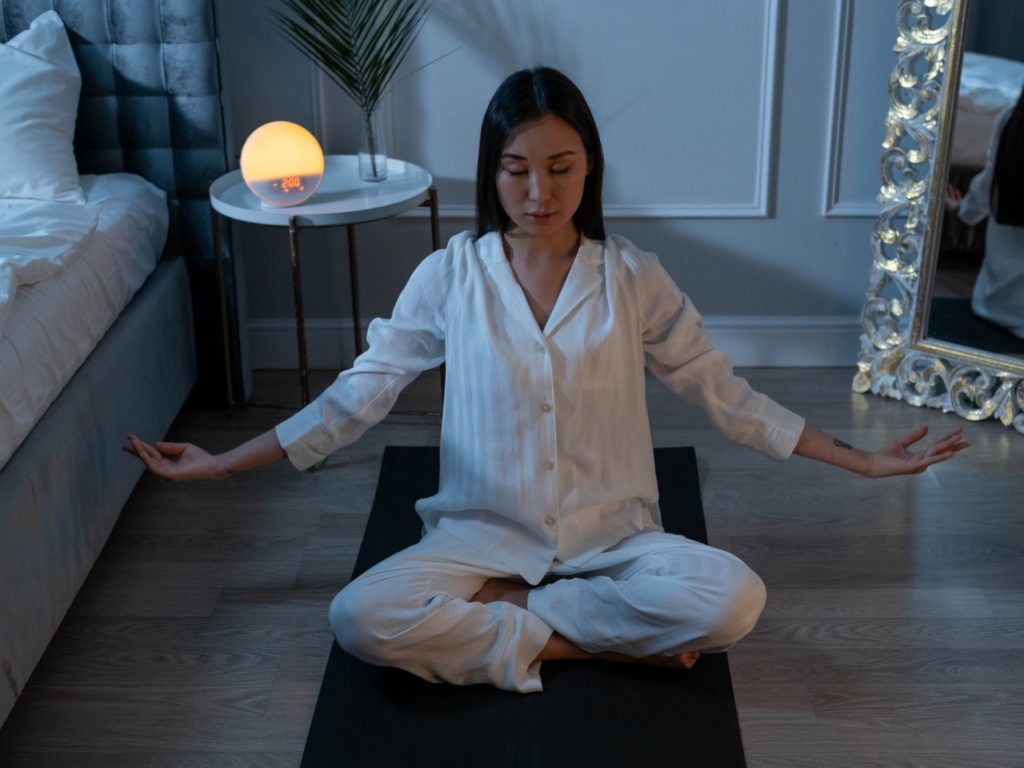
Prep ahead before bed
The secret to getting a great night’s sleep is to plan ahead, well before your head hits the bed. We’re talking about the hours before you even look at a pillow. Avoid caffeine (coffee, tea and chocolate!) and exercise before bed, and steer clear of any stressors – anything that causes the release of stress hormones (maybe don’t watch that scary movie before hitting the hay!). You can also try meditation – a relaxation technique which can help an overactive mind, reduce insomnia and promote overall calmness. There are a bunch of great meditation Apps out there – and if you stay with us, you can tune into the meditation channel on your room’s TV.
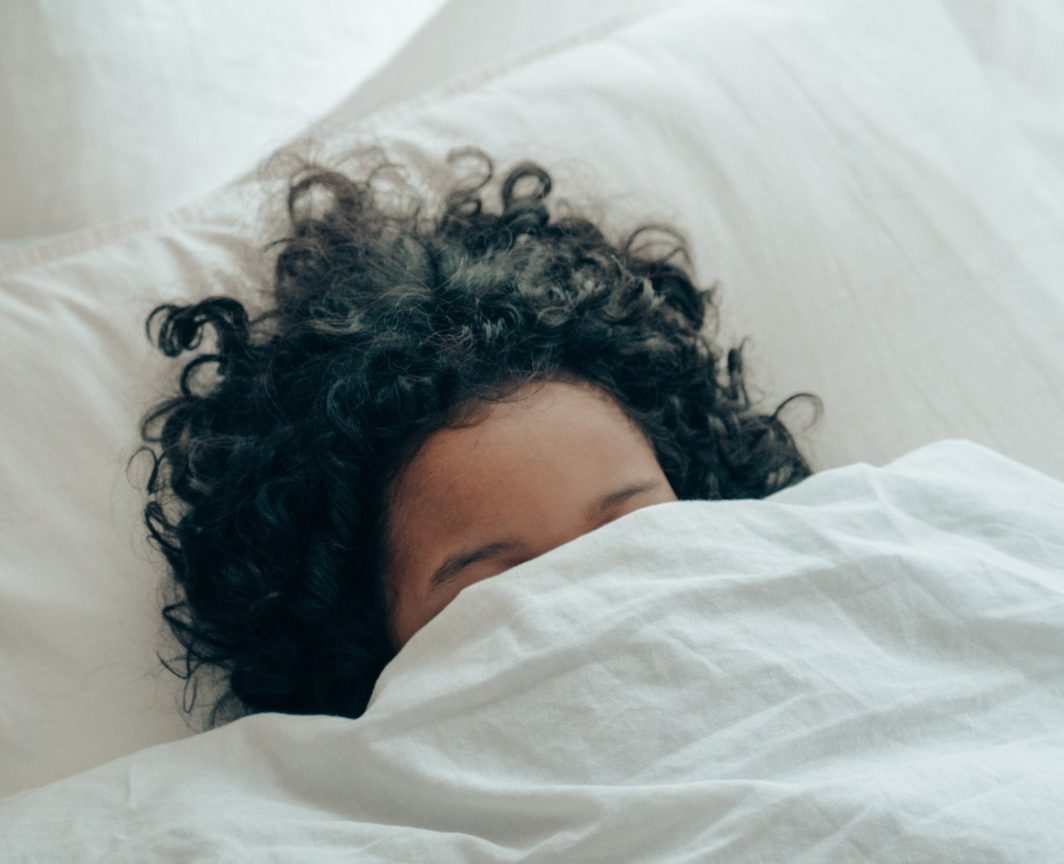
Let there be (less) light
Lighting is more impactful on our sleep than we may realise. Exposure to light can really mess with the body’s natural circadian rhythms (which help control your daily schedule for sleep and wakefulness). Research shows that the circadian clock is most sensitive to light from about two hours before bedtime and through the night, until about one hour after usual wake-up in the morning. Best to avoid bright, direct light during these times – including the blue light emitted by your mobile phone – and opt for soft, indirect lighting. Blackout blinds on windows are also a must for blocking out light from beyond the room so you can control your room lighting entirely.
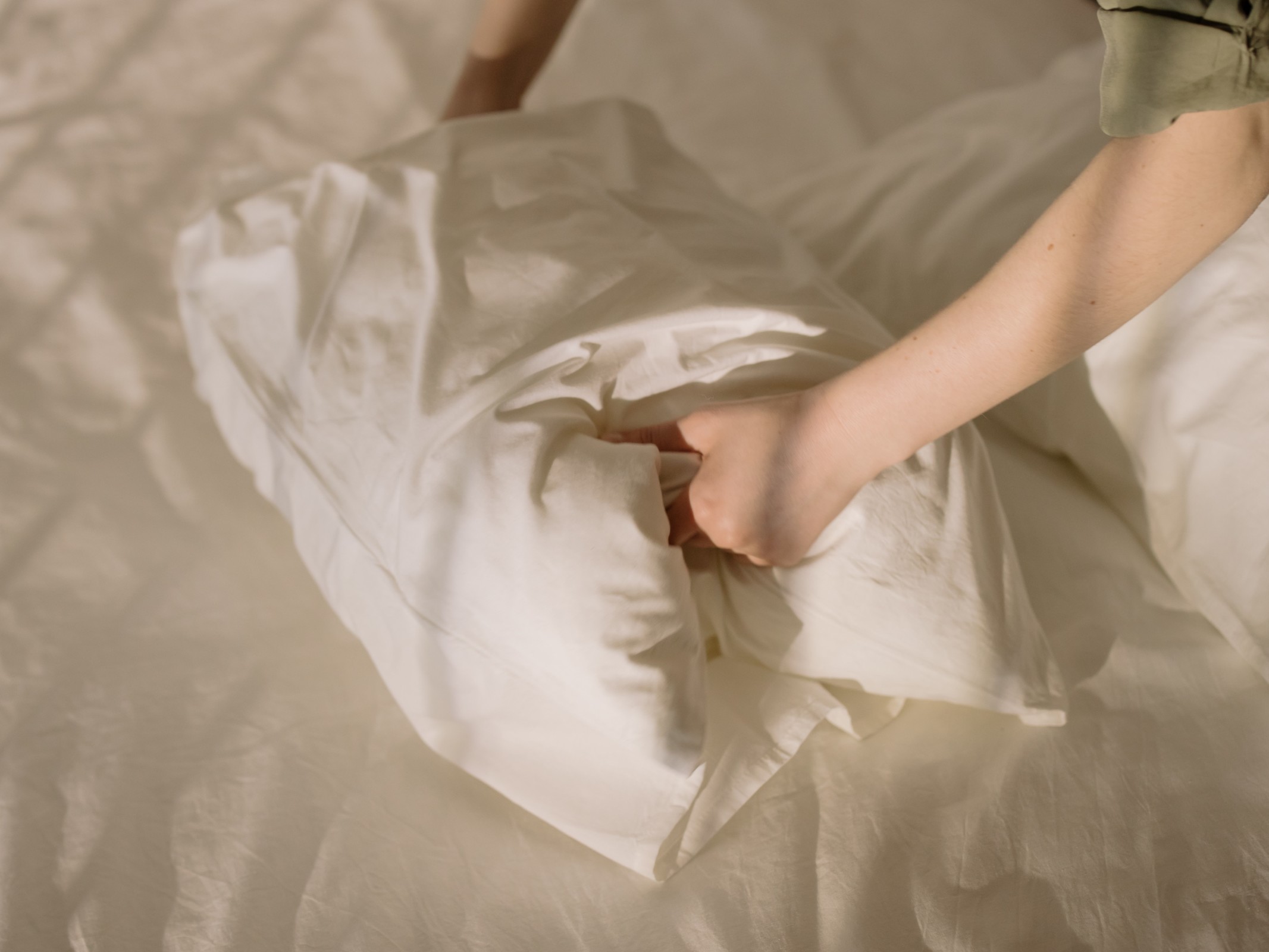
Bed it down
For the best chance of a great sleep, it’s essential to create a sleep environment tailored to your body for optimum support and comfort. Enter a super comfy bed with cloud-like mattress, freshly laundered snuggly sheets and the perfect pillow fit just for you. When it comes to bed selection, we love the Australian-made Sleepmaker Elegance Fusion Advance bed for its luxurious knit fabric, quilted top, felt pad spring insulation and gel-infused memory foam layer for extra comfort. (Try one out in one of our 88 guest rooms!). When it comes to the best pillow, whether you like it soft or firm, make sure it supports your head, neck and shoulders comfortably. (We have a pillow menu of options so you can try a few different types if the one on your bed doesn’t tickle your fancy. Take it one step further for peak pillow performance and ask our hosts for a spritz of Rituals pillow mist.)
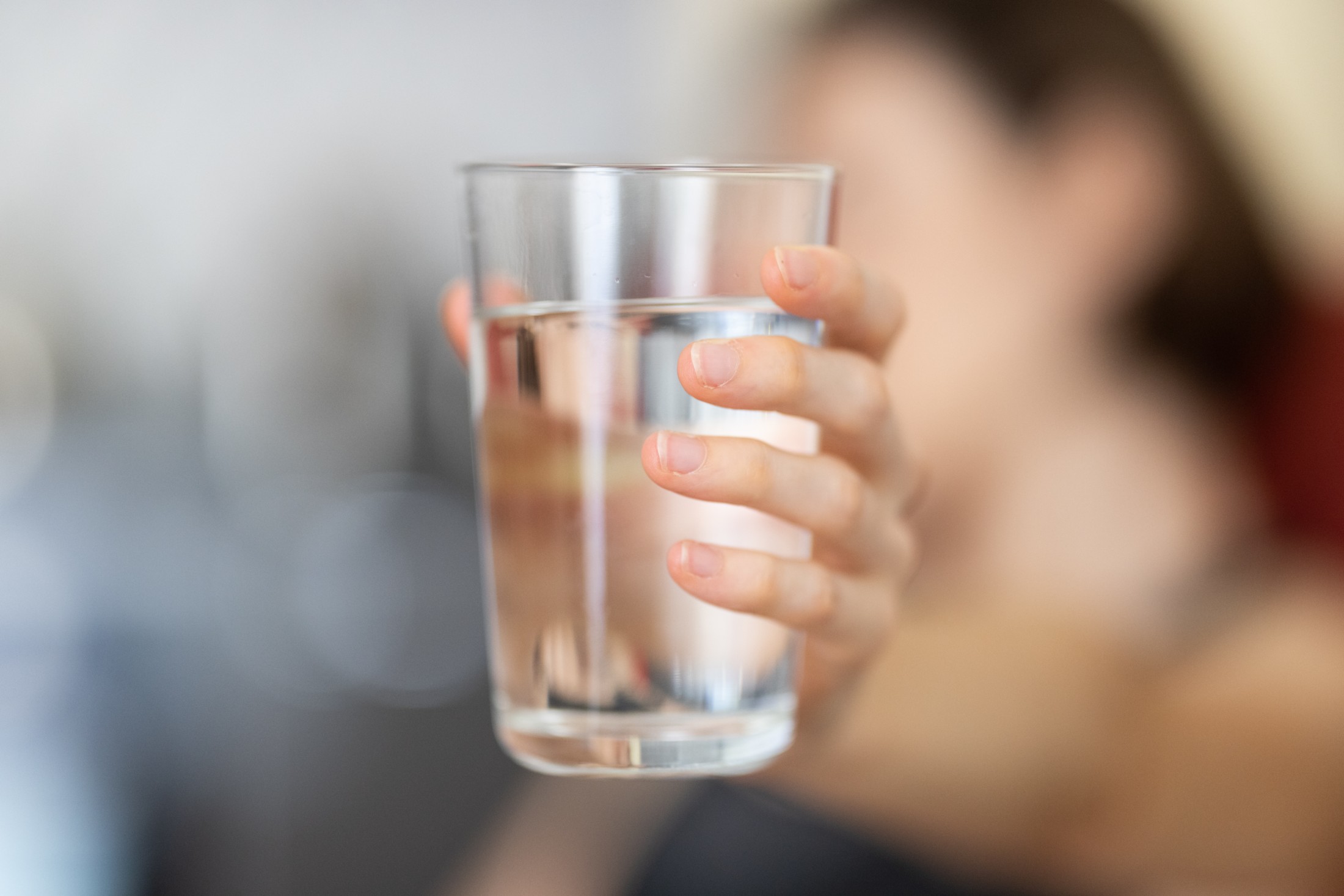
Quench that thirst
According to sleep expert Professor Peter Eastwood, the inaugural Director of the Centre for Sleep Science at the University of Western Australia, dehydration can negatively impact sleep because your mouth and nose become dry, setting you up for snoring during sleep and a parched throat on waking. And nobody wants that! Insufficient sleep can also increase the chances of being hydrated, so it can become a vicious cycle. At the same time, too much fluid intake can cause need for frequent bathroom visits, which may also lead to sleep interruptions. Get the balance right, drink your recommended 2-2.5L throughout the day, and keep water at your bedside in case you wake up thirsty. (Here at the hotel, grab your refillable water bottle and top it up with chilled filtered water at the complimentary Moda still and sparkling water filling stations located on each floor.)
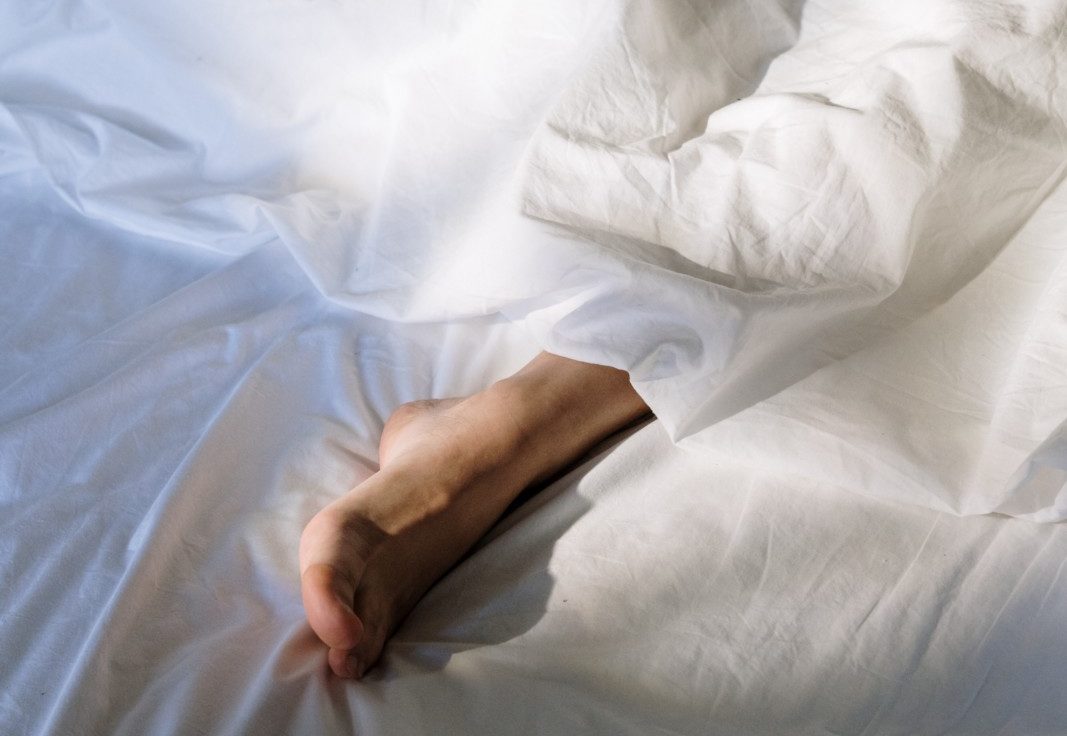
Regain temperature control
Are you a hot or cold sleeper? While our core body temperature hovers around 37 degrees C throughout the day, it tends to fluctuate a few degrees at night, starting a few hours before you go to sleep coinciding with the release of the sleep hormone melatonin. Maintaining a consistent temperature throughout this time not only improves the quality of your sleep but can also affect your sleep onset, sleep cycles and sleep efficiency. The Sleep Foundation recommends the best room temperature for sleep is 18.3 degrees C. (Our rooms offer complete air-conditioning temperature control so you have the power to choose what’s best for you! You can also rest easy knowing your air-conditioning is fitted with MERV-13 (or F7) filters to filter out any nasties, and hydroxyl molecules to assist in neutralising volatile organic compounds and microbial particles (including COVID-19), to deliver fresh, clean air into your room.)
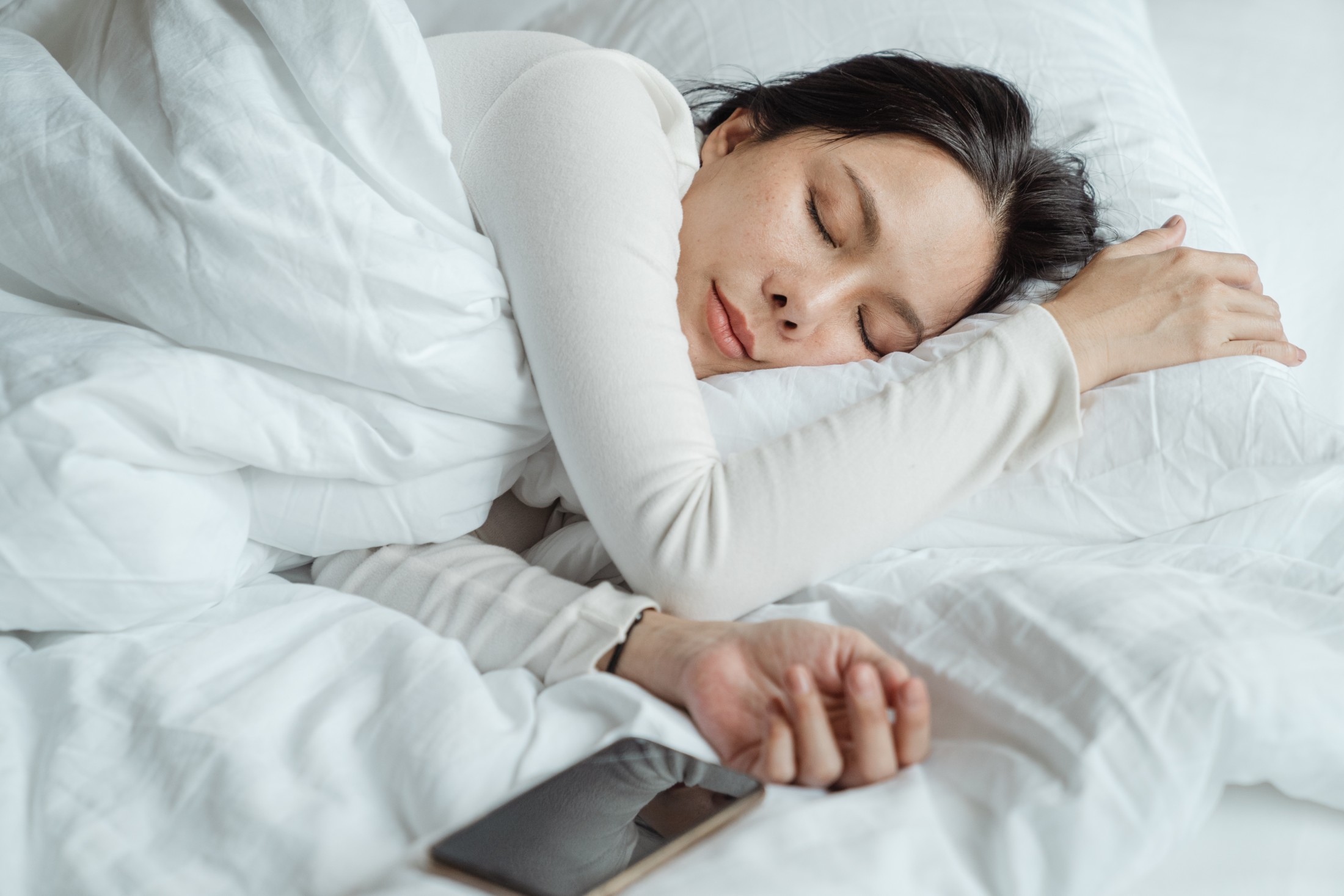
Ssshhh-ut out the noise
Noise has a major impact on our sleep, yet optimal noise levels for slumber-inducing surrounds seems to be quite a personal thing. Some of us prefer to fall asleep to the hum of a TV or our favourite music, while others need TOTAL SILENCE. Whatever your preference, setting up a bedroom environment that’s supportive of sleep is crucial. Easy fixes include reducing appliance noise, turning electronic devices to silent mode so you’re not interrupted by alerts, adding soft surfaces to a room such as curtains and cushioned furniture to absorb noise, and insulating your windows – ain’t double glazing is a wonderful thing! If you prefer some sound, try white noise – The Sleep Foundation explains it as essentially a hum of low, medium, and high-frequency played together at the same level to effectively mask other sounds while you sleep. (Tune into our white noise radio channel in your room for soothing sounds for your shut-eye).
***
If you’re looking to spend the night with us in Sydney, browse our collection of room types here to find the perfect fit for your stay.



